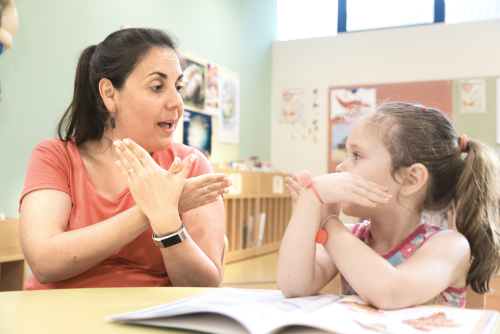
Sometimes it can seem like you constantly need to rush children along with things or prompt them to do what is asked in a designated time frame. Even for adults time can be a challenging concept, so it’s no surprise that young children take a while to understand time (not to mention how to use it effectively). Here are some tips to help improve children’s time management skills.
Helping children with time management
Routines and setting up expectations through a well-structured day help you manage children’s time management abilities. Of course, always leave room for some flexibility — if a certain task is engaging children more than you anticipated it’s nice to have the option of sticking with it a little longer than planned.
Of course, proper time management begins with an understanding of time, so that should be a focus for child care workers.
The earliest introduction of time to children begins with talking about it in daily life. Even terms like ‘before’ and ‘after’, ‘yesterday’ and ‘tomorrow’ are a strong starting point for child care aged children.
Here are a few more ways to introduce time to children in your care:
Use events to demonstrate time: Christmas, Easter, birthdays, Mother’s Day, Father’s Day etc.; there are countless special dates that children look forward to. They also give you an opportunity to talk about the future, present, and past.
Introduce time telling tools: Clocks are the go-to tool for time telling. You can work with both analogue and digital, and begin by encouraging children to recognise lunchtime and other routine times in the day.
Counting down on a calendar: Sometimes seeing a concept represented in a physical way can make it far easier to understand. Mark a special date in a calendar and count down to it by crossing off each day as it passes until the special date arrives. Tie this in with days of the week if you like.
Daily schedules: Create a visual representation of the day’s routine. You could colour code different types of activities or use images as well as words. This can help to further the understanding of past, present and future.
Remember, developing a concept of time takes time. And there’s nothing wrong with losing track of time now and again anyway!



